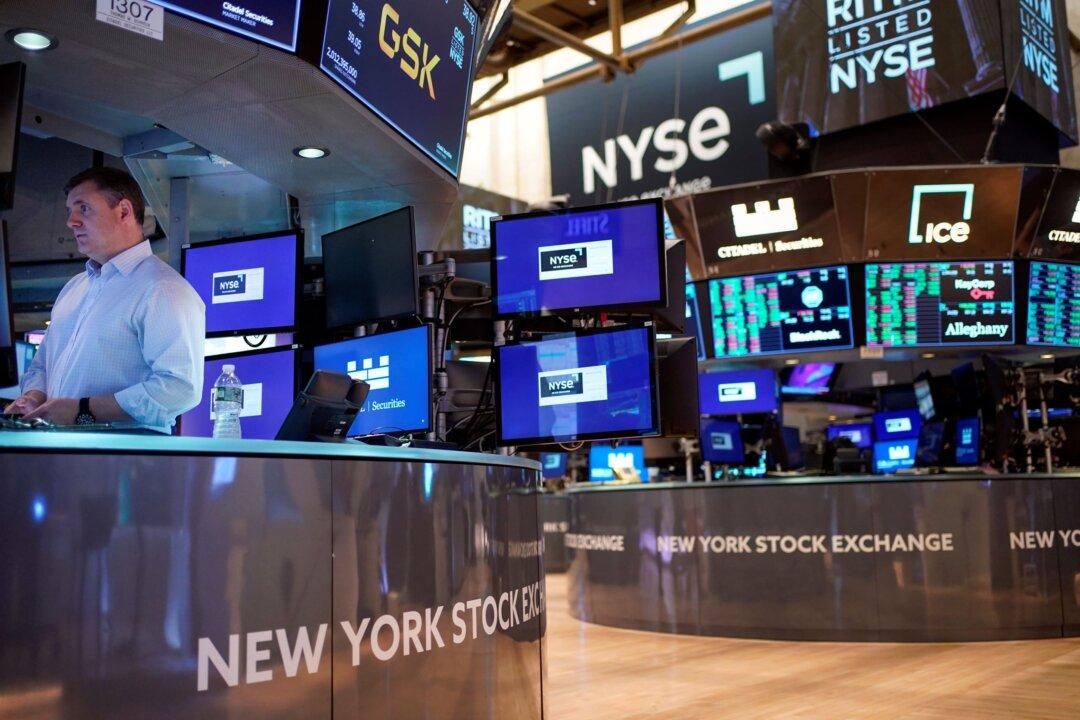Stocks closed broadly lower on Wall Street Monday, adding to their hefty losses from last week when the Federal Reserve pledged to keep interest rates high as long as it takes to tame inflation.
The S&P 500 fell 0.7 percent after wavering between small gains and losses. The Dow Jones Industrial Average fell 0.6 percent and the Nasdaq composite lost 1 percent. Smaller company stocks also fell, pulling the Russell 2000 0.8 percent lower.





